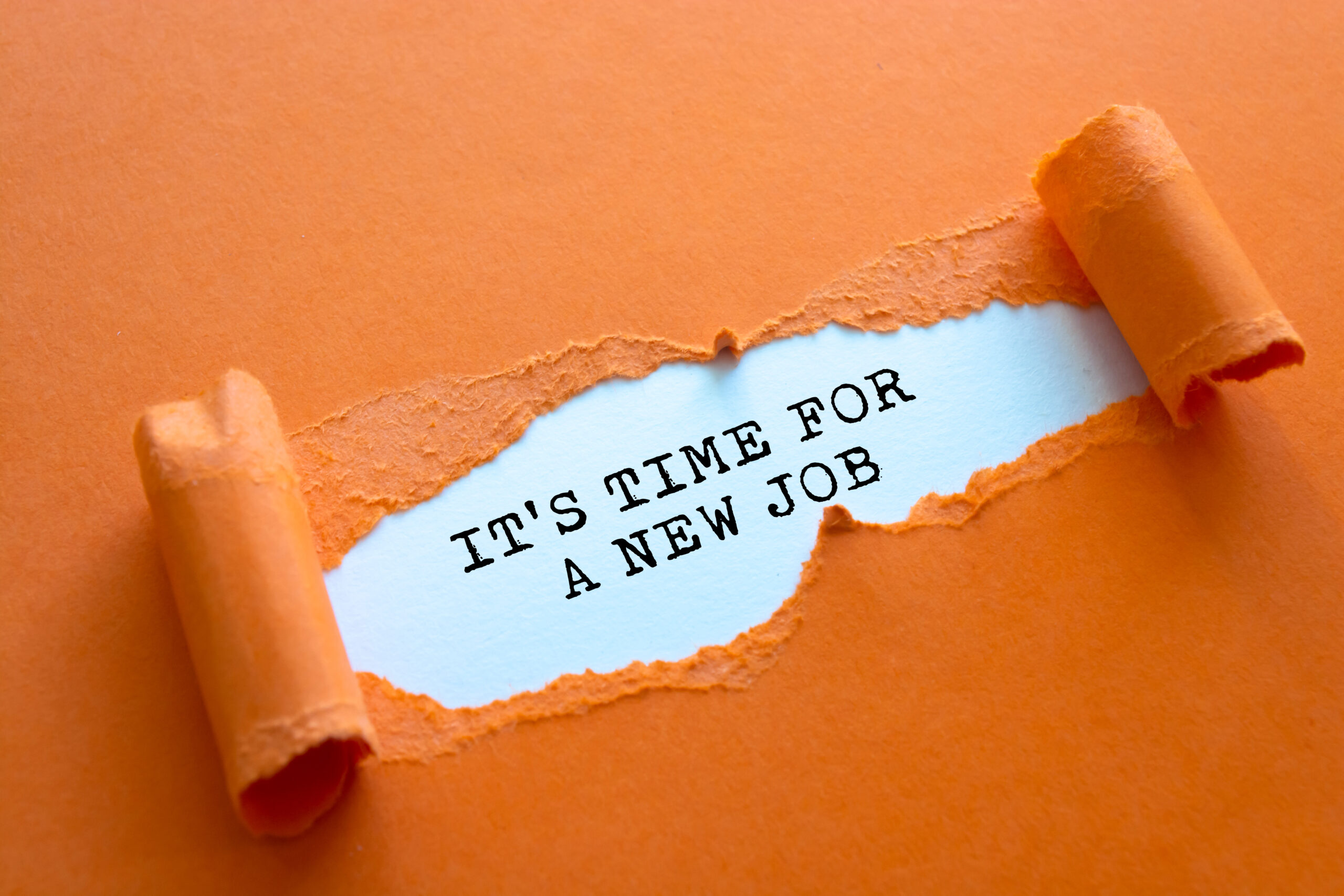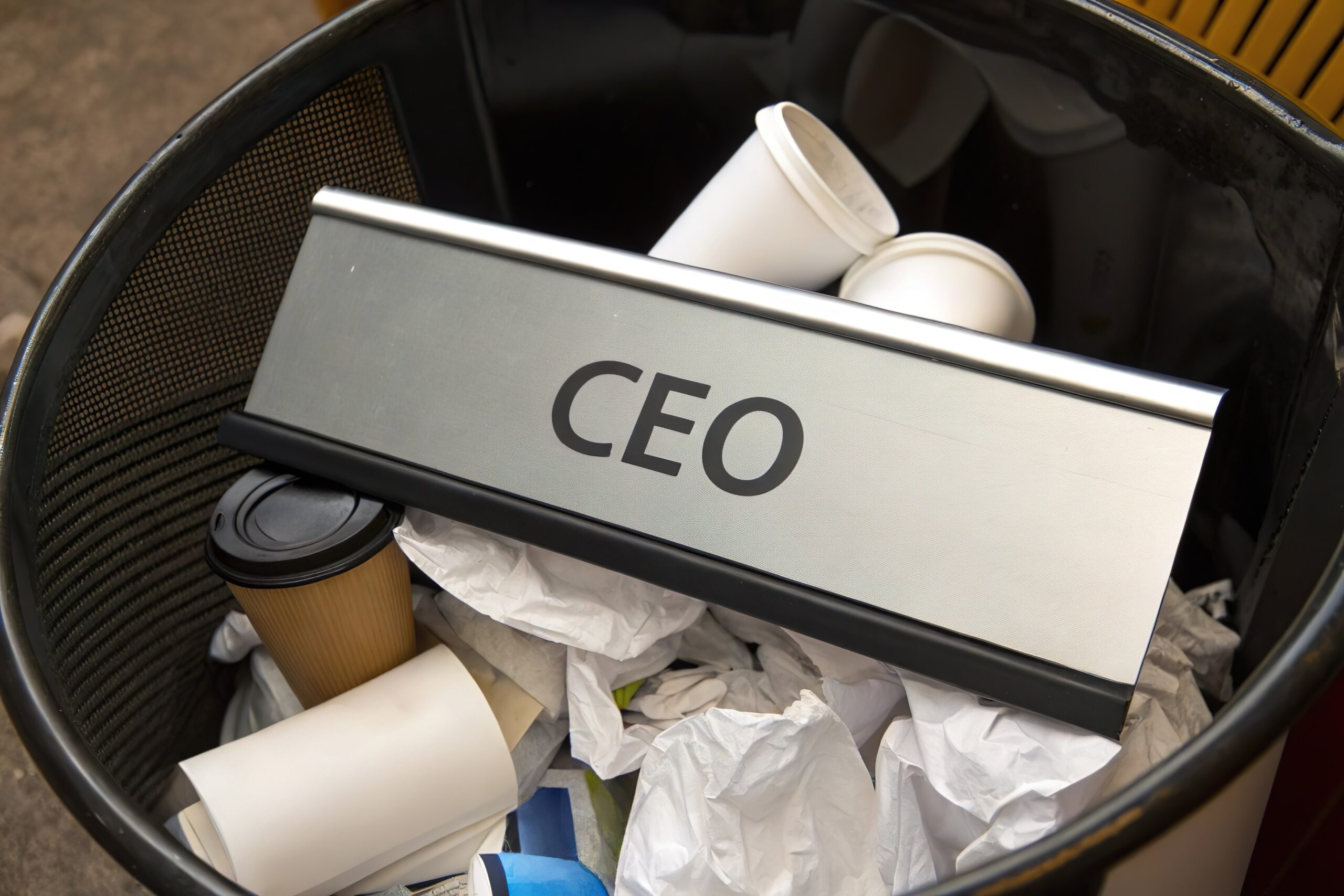Philippa White urges us to expand our horizons by embracing new opportunities and ways of learning that are transformational
More than ever the learning and development community needs to refocus to find the training strategies that companies need to help them move forward in this moment of profound disruption.
The competitive edge will belong to those companies who have the vision of empowering their employees to both think and feel, encourage them to find comfort in ambiguous situations, remaining flexible and empathetic; companies that give their people the autonomy to use their own skills and criteria to create meaningful change – giving them permission to become transformational leaders.
Forward thinking companies will inspire their people to embrace diversity and the outside world, inviting them to bring new realities into their work so previous assumptions can be challenged and new insights discovered. They will encourage employees to actively listen, to broaden horizons, step out of their comfort zones and not to hide in their silos and small world.
Personal growth doesn’t happen inside our comfort zones, our area of expertise or our “professional bubble”
Companies that have been able to link their people to a larger meaningful purpose, beyond traditional transactional results, will be the ones that people want to work for.
But then, where should L&D leaders turn to take their employees to those levels of performance and contribution?
The answer is not easy.
Society and traditional learning are pushing people into specialisations. Human beings are rejecting being painted into a corner. They aspire to bridge different areas. To network with different people, to collaborate and share ideas. To respond to different challenges. And see connections between different products and find solutions by thinking in innovative ways. They aspire to feel personally engaged rather than just an automaton performing a job.
Traditional teaching methods simply transfer skills or knowledge from one person to another. The methods are functional, but they aren’t effective when you need to engage people in learning and activate their brains to ensure the learning sticks.
In 2019 Sam, who works in advertising in London, embarked on a professional development programme that had him stepping out of his comfort zone, and into the world of transexual Brazilian sex workers.
To help raise awareness for HIV testing and PrEP (pre-exposure prophylaxis) usage amongst a vulnerable sex-working community, Sam had to live, breathe, and work in the city of Recife, Brazil. And the result was life changing.
“I think I am less of a control freak now, a better listener and know how to be more patient. I now know that anything is possible with the right attitude and the right people. There are ways around any problem and there is no such thing as too late. Brazilians are always ‘late’ (in English terms) but they always deliver. Understanding other people’s mindsets and adapting is something that has really helped me. I can’t believe how much I have changed”.
Sam’s learning journey was not traditional – it was experiential – one of the strategies many L&D leaders are turning to.
Experiential learning is different. It gets people involved and challenges their thinking. The result is increased confidence, self-esteem, and sense of purpose. It engages people’s emotions while enhancing their knowledge and skills. They become fully involved in the learning, not just using their skills or job abilities. It becomes personally relevant and therefore becomes transformational.
Personal growth doesn’t happen inside our comfort zones, our area of expertise or our “professional bubble”. It happens in immersive experiences that push our boundaries and question our status quo.
How do you teach empathy, better listening and flexibility through traditional methods?
To discover who you are, you need to go out into the world. You need to push yourself in new ways. You need to look for inspiration in the unexpected and the difficult. Push through boundaries to unlock potential. Be brave and dare to be different. Be constantly curious. You need to broaden your horizons. Step out of your silo and expand your personal circle.
Sam was tasked with designing a campaign to help raise awareness for the need to test for HIV and the availability of PrEP to a vulnerable part of the community in Recife and the challenge was vast. Government funding had almost entirely been cut, there was little to no education going on and the political climate had increased the stigma associated with HIV and marginalised the community even further.
But after five weeks, working with limited financial and human resources, immersing himself in the local reality, and gaining the trust of everyone he worked with and was trying to support, Sam not only changed his life, but he also managed to change the life of thousands of vulnerable Brazilians by raising awareness of PreP and getting it into their hands. Through Sam’s work he was able to increase uptake in the lifesaving drug by 100%. Spending only £350.
Sam’s story is experiential learning is transformational. People gain more clarity on their future, their capabilities and a renewed faith in who they are. And what they can do.
Experiential learning helps people gain the necessary competencies, knowledge, experiences, and confidence that people need to thrive in today’s world. It helps create more agile, flexible, and empathetic individuals – that the world needs.
And if the experience is created in the right way, it can be a proper win-win.
About Philippa White Founder and CEO of The International Exchange (TIE)



